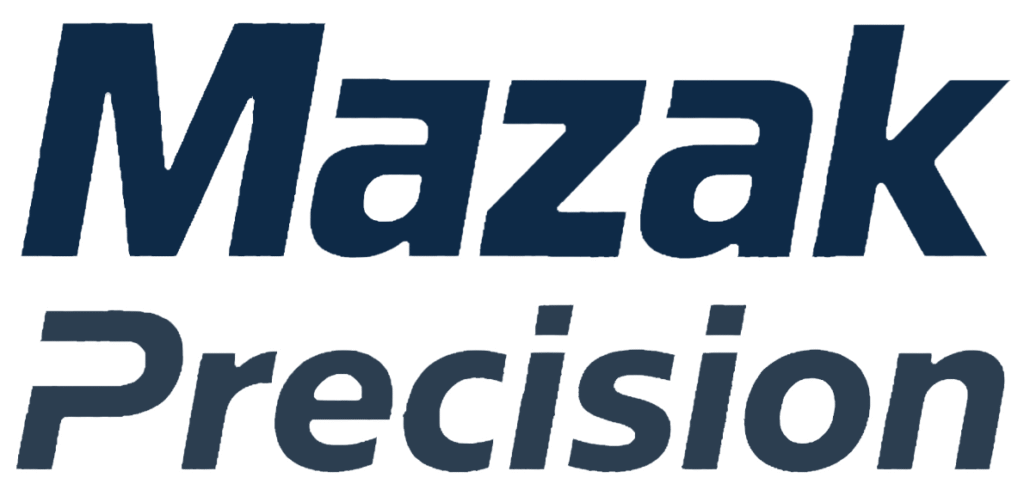Metal Injection Molding(MIM)
Introduction
Metal Injection Molding (MIM) is an advanced manufacturing technology that combines the benefits of powder metallurgy and plastic injection molding. It is ideal for producing complex, miniature metal components with tight tolerances, excellent surface finishes, and mass production scalability. MIM is widely used in industries including aerospace, medical devices, defense, automotive, consumer electronics, and industrial tools.
| Attribute | Specification |
|---|---|
| Part Size | Typically <100g, minimum ~0.1g |
| Dimensional Accuracy | ±0.3% to ±0.5% of nominal dimensions |
| Surface Finish | Ra 0.8 – 1.6 μm (as-sintered) |
| Final Density | ≥96%–99% of theoretical |
| Wall Thickness | From 0.3 mm to ~12 mm |
| Material Options | 316L, 17-4PH stainless steel, low alloy steel, titanium, tungsten alloys, magnetic steels, tool steels |
| Post-Processing | Heat treating, machining, electroplating, polishing, black oxide, nickel plating |
Key Technical Parameters
MIM Process Flow
The MIM process involves five critical stages:
-
Feedstock Preparation
Fine metal powder (≤20 μm) is mixed with polymer binders to create injection-moldable feedstock. -
Injection Molding
The feedstock is injected into precision molds using specialized injection machines, producing “green parts.” -
Debinding
The binders are removed chemically or thermally, leaving behind “brown parts.” -
Sintering
Brown parts are heated in a controlled atmosphere to near full density and metallurgical strength. -
Post-Processing
Optional operations include heat treatment, precision machining, or surface finishing based on requirements.
-
Design Freedom: Enables production of complex geometries, micro-holes, threads, and undercuts
-
Near-Net Shape: Reduces or eliminates secondary machining
-
Mass Production Consistency: Suitable for large-volume runs
-
Material Versatility: Wide selection of high-performance alloys
-
Cost-Effective: Particularly for small, intricate metal parts in medium to high volumes
Advantages of MIM
Quality Assurance
We implement robust QC protocols to guarantee consistent performance and compliance:
-
Dimensional Inspection: CMM, optical comparators, 3D scanners
-
Material Verification: XRF analysis, density testing
-
Microstructure Control: Metallography, SEM analysis
-
Mechanical Testing: Hardness, tensile, fatigue tests
-
Surface Evaluation: Ra, coating thickness, porosity
-
Documentation: Complete process traceability reports available
Certified to ISO 9001, AS9100, and ISO 13485 for medical parts.
-
Aerospace/Defense: Lightweight latches, structural connectors, mechanical couplings
-
Medical Devices: Dental tips, surgical components, implant subassemblies
-
Consumer Electronics: Housings, fasteners, functional aesthetic parts
-
Automotive: Fuel injectors, micro gears, engine control components
-
Tools/Industry: Gears, inserts, tool holders, mechanical adjusters
Application Highlights
Why Choose Us for MIM
-
In-house dedicated MIM molding and sintering lines
-
Expert mold design & DFM support for faster development
-
Integrated CNC and 3D printing for mold & prototype flexibility
-
One-stop solution from design to finished product
-
Proven capability in micro-scale and highly complex components
